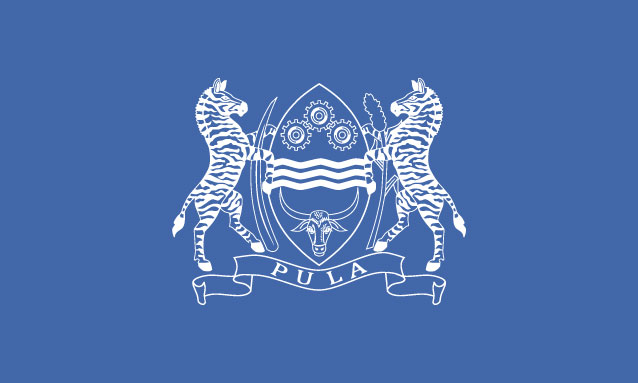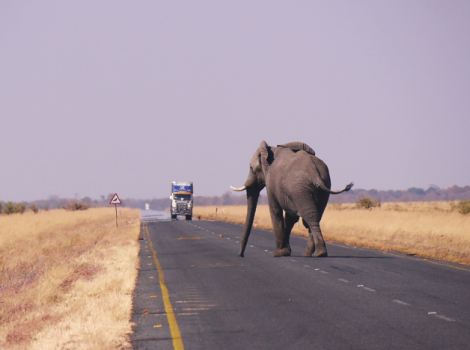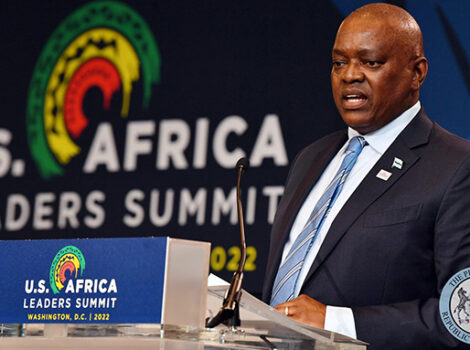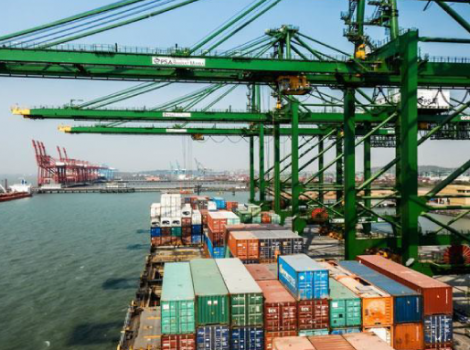
15th May 2023
If there is any one thing that the government should have learnt from the 2018 dead-elephants saga, it is that former president Ian Khama is a formidable foe with not just a highly sophisticated PR machine but also a complex and sprawling web of international connections.
In early September 2018, Elephants Without Borders, a Botswana and United States-registered NGO, put out a controversial report about some 87 elephants having been killed by poachers since May of that year. The western media lapped up this report. Within a few hours, major international news outlets including CNN, BBC, Washington Post and The Guardian were running the story, setting off a tidal wave of outrage from westerners. Probably having seen the story on BBC, British Prime Minister, Theresa May, released a statement via her official Twitter account. She was very diplomatic in her choice of words, but it was apparent that she genuinely believed that a large-scale massacre of elephants had indeed taken place in Botswana.
In September 2018, Khama had been out of office for six months. The timing and timeframe alluded to in the EWB expose made the not-too-subtle point that his successor, President Mokgweetsi Masisi, was doing a bad job of protecting Botswana’s wildlife. EWB director, Dr. Mike Chase and Khama happen to be trustees of Tlhokomela Wildlife Trust, a wildlife NGO.
The government did finally inform members of the public and other key stakeholders that these statistics are false and misleading over 12 hours later. One would have expected western media to meet a standard that it set itself by giving this rebuttal as much publicity as it did EWB, but that didn’t happen. The government’s rebuttal was published by very few media outlets, most of them African. Not a single one of the major international outlet websites that were keen to run EWB’s report accorded the government the right to respond – which responsible journalism requires. As far as the massive audience that these outlets reaches – which feat the Botswana government cannot match – the EWB report was true because the government had not rebutted it.
There was a very simple reason why the latter happened – the government had failed to observe the golden rule of crisis PR. Crisis response time is ideally within the first hour following a crisis. That is particularly necessary in the epoch of the fast-paced news cycle. Such promptness enables the concerned party to regain control of the situation by setting the record straight and eliminating speculation that may damage its reputation. Instead, the government took an hour and stretched it to over half a day, thus heightening the possibility of long-term reputational damage that will in all likelihood cost hundreds of millions of pula to repair. On the basis of EWB allegations, some westerners threatened to boycott Botswana as a tourism destination, which would force the government to launch an expensive PR offensive on a global scale.
Some five years later, Khama’s personal battle with Masisi has reached fever pitch. Khama’s strategy includes creating PR crises and the government’s response has not changed from what it was back in 2018.
Earlier this month, Botswana’s Minister of Justice, Ronald Shamukuni, made a presentation at the United Nations Human Rights Council on what the country is doing to safeguard the country’s human rights. Thereafter, and in line with standard UN process, member states were invited to react to Shamukuni’s presentation. Representatives from around the world took turns congratulating Botswana on the progress it has made in safeguarding human rights and making recommendations relating to some issues where they feel the country is lagging. This is a mechanical and unremarkable process that has happened since the UNHRC was established and never attracts media attention – until now.
Following the UN session, Khama’s PR machine roared into action, pulling out the “problematic” parts (the recommendations) and splicing them together in a press statement to convey the impression that there is a human rights crisis in Botswana. Believing the press statement to be the official UN report, journalists across the globe put out all sorts of stories that portrayed Botswana in extremely bad light.
That was on May 4, 2023 and the government only responded last week Tuesday (May 9). At this point, the horrors of Botswana’s human rights situation, as expressed in the press statement and not the UN report, steeped in international public reporting and had been cemented in the consciousness of the public.
Khama’s PR machine could very easily have alerted the media houses that it sent the press statement to of the fact that they had the story wrong but elected to luxuriate in what will be a short-lived victory that will likely not bode well for its future. From now on, journalists will be very wary of anything that this machine churns out, and rigorous fact-checking will certainly not favour Khama.
The odd thing about not observing the golden rule of crisis PR is that the government has a whole platoon of PR specialists. Tragically, not being meritocratic in its constitution and orientation, the bureaucratic super-structure within government wouldn’t be inclined to use the expertise that could help counter Khama’s PR machine.
The civil service is littered with self-important bureaucrats who want to micro-manage every aspect of the civil service, in the process turning important assignments into vanity projects. Resultantly, each time he faces off with the government, Khama will be putting point after point on the score board while a press statement at the Government Enclave has to wait for the approval of a bureaucrat who is still in a meeting and knows nothing about crisis PR. Worse still, the bureaucrat’s input could be as banal as inserting the while it is not our policy to respond to every allegation in the media line.
Khama’s PR victories are undermining Brand Botswana’s ability to sell Botswana to the world. Until the government cranks ups its own PR machine to match Khama’s, Botswana’s international image will suffer incremental damage that will take years to repair.
Source: https://www.sundaystandard.info/govt-responds-to-crisis-over-false-un-statement-six-days-too-late/




Interesting points of view.
The article implies there is no Wildlife crisis and no Human Rights crisis in Botswana. The article also implies this is false information and is orchestrated by Ian Khama’s PR machine. The irony of all of this is there is in fact a Wildlife crisis and a Human Rights crisis.
1.) Poaching in northeast Botswana is currently at crisis levels – and included in this is the regular poisoning of predators and birds of prey. As any regular wildlife visitor will confirm to you, the wildlife management services in Botswana have all but collapsed through theft of funds and gross miss management. This has been confirmed to me by the rangers themselves on the ground….and senior NGO members.
2.) With respect to the human rights crisis – well, the states “acquisition” of a 24% of HB Antwerp is a human rights crisis because:
a.) the transaction details have not been disclosed – it is almost certain that Masisi and his cronies are probably the direct beneficiaries of the acquisition. b.) Zero funds will flow back to Botswana and its citizens from this transaction. Having dealt directly with Masisi when he was dep to Khama – the man is as corrupt as one can get. If one talks to the legal fraternity in Botswana – there is a clear and definite withering of the state’s honesty and credibility – almost all transactions of size and importance have Masisi’s fingerprints all over it. Should a sizable volume of rough diamonds be traded through this structure, the funds will never be returned to the country. One also wonders at what price the product will be sold to HB at…. and will the GDV be able to do their good work for the country….
3.) The 5 year delay in finalising the new Diamond Sales Agreement with De Beers is assured to be as a direct result of Masisi’s desperation to get in the middle of this cash flow. Botswana does not realise the fundamental importance of its relationship with De Beers. Now that both Orapa and Jwaneng have both got major capex ahead of them to remain in production, the relationship is now even more critical. Debswana have never had to fund such major capex – if the capex is funded through a curtailment is dividend flow (the logical option) the Botswana GDP will drop by c. 30% to 50%….. This will also make a significant dent in the Boswawna sovereign fund (housed in the Fed in the US). So again, is there a human rights crisis in Botswana – the answer is yes – it has simply not hit the people of the country just yet.